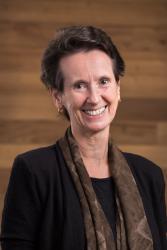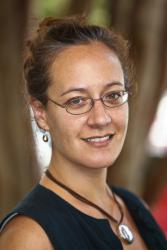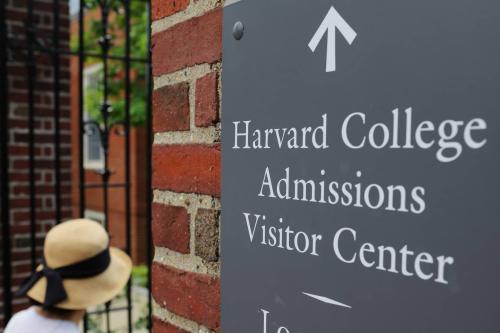Guest interviewer Esther Care, senior fellow in the Center for Universal Education, discusses with Ramya Vivekanandan, program specialist at UNESCO Asia-Pacific Regional Bureau for Education, and Sean Slade, the director of outreach at the Association for Supervision and Curriculum Development,
Slade highlights the inefficiencies in assessment for current education systems:
“What we need to remember is that the current system we have is not working for the majority of students or it’s not reaching the potential that it could be, and the assessment systems and delivery systems that we’ve had for at least the last ten or fifteen years are not teaching the skills that we know are going to be needed in the 21st century. I often say as well that in the U.S., we’ve been focusing a lot on standardized testing, especially when it comes to literacy and numeracy. Now, there are studies out there that show that students who actually do well on standardized tests, even at leaving school level, that is not indicative of their success in future life. And so I think we need to remember that the system we’ve had previously has not been a perfect system.”
Vivekanandan outlines the need for change in current education systems and the challenges for reformation:
“I think as a whole that at a high, policy level that countries are very committed to reorienting to a certain extent their education systems to focus on things like problem solving, being able to live and work with people from other cultures, communication, etc. In our part of the world, creative and innovative thinking and interpersonal skills were the areas that were emphasized…and it seems that what drove that was the economic discourse, that if you focus on these areas, you will produce learners who can be more successful in the job markets….but the actual “how” of doing these things… how to assess and integrate these skills into the curriculum, how are teachers supported to actually teach these areas, how do you assess creativity and problem solving? These I think are the challenges which we are very much interested in continuing to examine.”
Show Notes:
Skills for a changing world: National perspectives and the global movement
Annual research and policy symposium: Skills for a changing world
Education assessment in the 21st century: New skillsets for a new millennium
No quality education without happy learners
School Climate Change: How Do I Build a Positive Environment for Learning? (ASCD Arias)
With thanks to audio producer Gaston Reboredo and producer Vanessa Sauter, and also thanks for additional support from Kelly Russo, Fred Dews, and Richard Fawal.
Subscribe to Brookings podcasts here or on iTunes, send feedback email to [email protected], and follow us and tweet us at @policypodcasts on Twitter.
Intersections is part of the Brookings Podcast Network.




Commentary
PodcastTeaching for the 21st century: Broader skills for global citizens
April 12, 2017